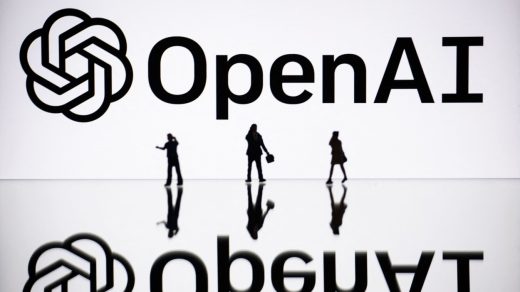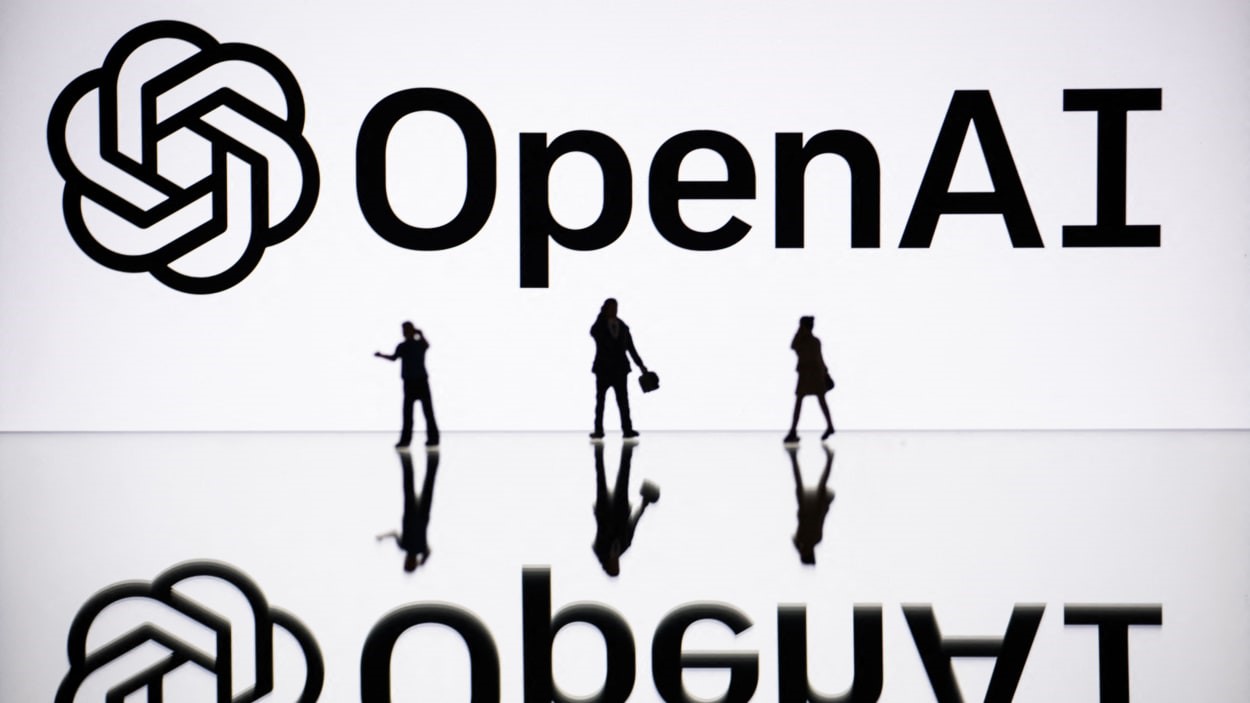6 lingering questions on Sam Altman’s ouster by ChatGPT-maker OpenAI
OpenAI is in the midst of a leadership crisis. The company’s board of directors ousted CEO Sam Altman Friday. The company’s president and chairman of the board Greg Brockman quit Friday night, in solidarity with Altman. Brockman apparently was unaware that the board intended to fire Altman until after the fact, a circumstance that makes the situation look like a sort of board-level coup. Several other engineers also quit. Microsoft, which owns almost half of OpenAI, has no seats on OpenAI’s board, and was apparently not involved in the decision—it was informed of Altman’s ouster just minutes before the announcement went out on OpenAI’s blog. Nor were OpenAI’s employees told what was about to transpire.
The board has been silent since since the blog post, in which it said Altman was fired because he’d been less than candid with board members. But poor communication with the board doesn’t seem to explain the suddenness of Altman’s dismissal. Lots of questions still remain. Some of them linger from the original news of the shake-up, and others have emerged in the wake of the event.
Had Altman strayed from OpenAI’s original mission?
One dominant theory on X (Twitter) is that Altman had, over the past year, become more focused on releasing new AI products and services to the public and to developers, and had drifted away from the company’s original goal of providing AI that was safe and driven by altruism. Kara Swisher reports that the board members who voted against Altman “felt he was manipulative and headstrong and wanted to do what he wanted to do.” But that narrative seems to be contradicted by a memo sent Saturday to OpenAI employees by COO Brad Lightcap, who has been communicating with the board to gain a better understanding of its thinking. The memo says Altman’s firing was not the result of “malfeasance or anything related to our financial, business, safety, or security/privacy practices. . . .” Rushing risky AI to market would surely fall into some or all of those categories.
What does the board mean when it says Altman was “not consistently candid in his communications” with its members?
Lightcap’s memo says the board continued saying on Saturday that Altman had caused a “breakdown in communincations” with the board. But it’s hard to think of a motive or a means for Altman to mislead the board. It seems impossible that Altman could unilaterally push new products to market without the knowledge or approval of the board.
Why would OpenAI send Altman packing when he was so effective with lawmakers?
Congress has undergone a crash course this year to get up to speed on artificial intelligence. Many want to get out ahead of regulating AI after missing the boat so badly on social media. Altman went on a multiweek charm offensive in D.C. over the summer, in which he met with numerous lawmakers and even presided over a dinner for members of Congress to educate them about the emerging technology and its risks. Several lawmakers said Altman and his frank style were warmly received by the room.
Was Altman’s firing related to OpenAI’s recent developer conference?
If indeed the board’s disagreement with Altman was about the ex-CEO’s ambition for releasing new AI to the public and developer communities, that go-to-market instinct was on full display at OpenAI’s DevDay earlier this month. The company announced new “GPTs,” instances of ChatGPT that users can create, train, and customize. Altman said OpenAI would even open a store where GPT creators could earn money for downloads. The company announced a new, faster model called GPT-4 Turbo, and lowered the prices developers pay to access the model via an API. All of these announcements seem geared toward commercializing OpenAI’s research and building its API business, which is its larges source of revenue.
Why would the board oust Altman now, just when OpenAI is reportedly trying to raise more money at an $86 billion valuation?
That’s three times the amount it raised a year ago, making the timing all the more curious. That $86 billion valuation may be harder to sell now. In fact, The Information reports that the share sale is already in jeopardy.
What does this mean for Microsoft?
One plausable reason for Altman’s dismissal would be some form of disagreement with Microsoft, OpenAI’s major backer and the provider of all of the company’s computing power. But that theory was quickly blown out of the water Friday when it became apparent that Microsoft hadn’t even been consulted by the OpenAI board about Altman’s dismissal. In fact, Microsoft didn’t even find out about it until minutes before the announcement went out. This fact adds to the theory that a board-level coup took place Friday.
Microsoft should have been the first to know. It’s put $11 billion into OpenAI, has built its own products around OpenAI’s models, and sells access to OpenAI models through its Azure Cloud.
Could Altman’s ouster give rival AI companies a boost?
It’s very hard to answer that question at this early stage. However, the Friday-afternoon bombshell isn’t likely to make the CIOs at OpenAI’s Fortune 500 companies feel good. “Sam’s loss is a big one for sure,” says Gartner AI analyst Arun Chandrasekaran. “As we learn more details behind this exit, it may change customers’ perception of OpenAI.” The whole affair gives OpenAI a look of volatility. Some CIOs might give a second look to other AI providers like Anthropic or Cohere.
From the outside, nothing seems to add up. That leads one to believe that there’s something big that hasn’t been made public. Altman may have transgressed in some way that has little to do with how he ran the company. But it’s wrong to speculate that it was something nefarious without any information to suggest so. Hopefully, the rest of the facts will emerge sooner rather than later. Because OpenAI is at the center of a technological transformation with such profound cultural implications, the company’s customers and the general public have a right to know.
Naturally, I turned to ChatGPT for answers, but the bot was of no help. “As of my last update in April 2023, Sam Altman was the CEO of OpenAI,” it told me. “However, it’s important to note that leadership positions can change, so it’s always a good idea to check the latest information for the most current details.”
This story will be updated as new information trickles in.
(32)



